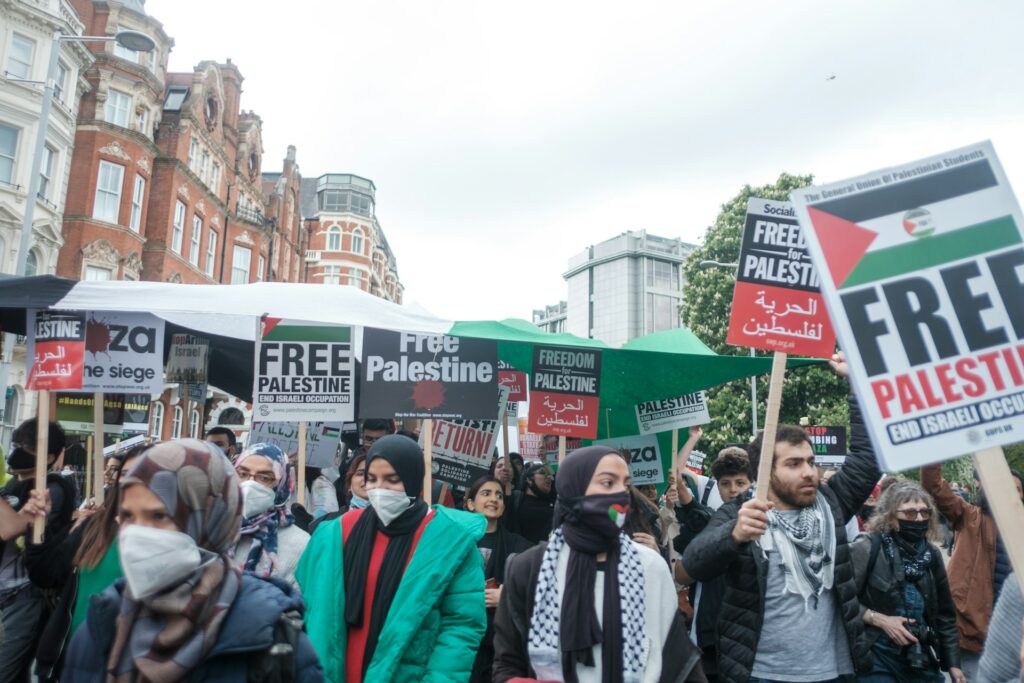
(Cupventi.com) – In a daring pre-dawn operation in the Gaza Strip’s Rafah town, Israeli forces successfully extricated two hostages from a heavily fortified apartment, navigating through hostile territory under direct fire. This operation marked a significant, albeit brief, uplift in morale for Israel, a nation still grappling with the consequences of a cross-border raid by Hamas that precipitated a war. Rafah, described by Israel as the final bastion of Hamas in the Gaza Strip, has become a refuge for approximately 1.4 million Palestinians fleeing the conflict, positioning the town on the frontline of Israel’s military strategy.
The extraction operation, however, unfolded against the backdrop of a broader humanitarian tragedy in Gaza, where the war has claimed over 28,000 Palestinian lives, displaced more than 80% of the territory’s population, and triggered a widespread humanitarian crisis.
Among the casualties, over 12,300 are minors, and 8,400 are women, highlighting the profound impact of the conflict on non-combatants. Despite the Israeli claim of targeting approximately 10,000 Hamas combatants, the casualties reflect a grim reality of high civilian tolls, raising international concern over the conduct of the war and its compliance with principles of proportionality and distinction under international humanitarian law.
The raid in Rafah comes in the context of a broader Israeli objective to not only free hostages but also to dismantle Hamas’ military and governance structures. The release of Fernando Simon Marman and Louis Har, both of whom also hold Argentinian citizenship, represents a significant achievement in this regard. Their rescue, based on precise intelligence and meticulous planning, underscores the complexities and dangers involved in hostage rescue missions, especially in conflict zones where civilians and militants are closely intermingled.
The international response to the operation and the ongoing conflict has been mixed, with calls for restraint and protection of civilians from various quarters, including the White House. U.S. President Joe Biden’s conversation with Israeli Prime Minister Benjamin Netanyahu underscored the concern for civilian safety and the necessity of a credible plan to minimize civilian casualties, particularly in densely populated areas like Rafah.
Efforts towards a ceasefire and a potential prisoner exchange have been intricate, reflecting the delicate balance of negotiating peace while maintaining pressure on Hamas. The international community, led by efforts from the United States, Egypt, and Qatar, has sought to broker a framework that could facilitate an end to hostilities and address the humanitarian crisis in Gaza. These negotiations, while showing promise, also underscore the challenges of diplomacy in the face of entrenched conflict and the quest for a sustainable resolution that addresses the root causes of the conflict and ensures the safety and security of all involved parties.
The Gaza conflict, with its profound human toll and geopolitical implications, continues to draw international attention and concern. The rescue operation in Rafah, while a moment of relief for the families of the hostages, serves as a poignant reminder of the ongoing human suffering and the urgent need for a comprehensive and lasting peace in the region.